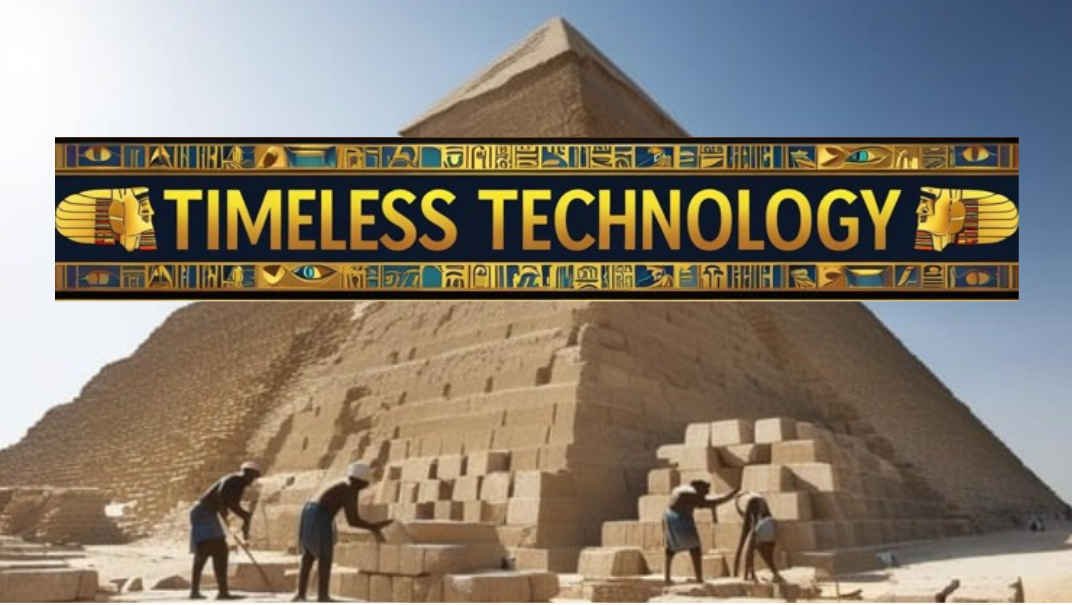
Start your free trial now!
Learning is an adventure with 3D Escape Rooms
We're a non-profit organization
donate to our cause!
We make failure fun by inspiring learners to tackle their education without fear.
Watch founder, Jeremy Royster, interview with Daily Flash
Engage and Motivate Students to Learn
By immersing students in an interactive and stimulating environment, our escape room games engage and motivate them to learn.
Engages Learners
Hands-on experience allows students to learn about geography in an interactive, engaging way.
Cultivates Resilience
Builds resilience as students persist through challenges and overcome obstacles in each game room.
Enhances Social & Emotional Skills
Students learn how to manage their emotions, make responsible and thoughtful decisions, and work as a team.
Teaches Relevant Issues
Six escape rooms are designed around different geographic, cultural, and historical themes.
Adapts to Diverse Learning Styles
The AI Game Master addresses various learning styles by reading text aloud, answering questions, and providing subtitles for instructions.
Encourages Collaboration
To solve complex problems, students learn to collaborate and try different approaches.
Professor Independence
and the Quest for Truth
Professor Independence and the Quest for Truth is an immersive, 3D puzzle room game that pits players against the nefarious S-Quad as they search for the last keeper to the lost secrets of Truth Sleuthing.
Cultivates Resilience
A 'Grit' Economy encourages resilience with support as students persist through challenges and overcome obstacles in each game room.
Develops Critical Thinking
Players correct “FAKE FACTS” and synthesize information from a variety of sources to unlock the escape code for each room.
Fosters a Growth Mindset
Players think and achieve in new ways, unraveling unhealthy stereotypes about themselves as learners.

What is Truth Sluething
Lorem ipsum dolor sit amet consectetur adipiscing eli non amet arcu auctor orci vitae diam arcu tellus proin.
Challenge Stereotypes
Lorem ipsum dolor sit amet consectetur adipisc eli non amet arcu auctor orci vita tellus.
Promote Empathy & Mitigate Bias
Lorem ipsum dolor sit amet consectetur adipisc eli non amet arcu auctor orci vita tellus.
Family, Classoom & School Licenses
Lorem ipsum dolor sit amet consectetur adipiscing eli non amet arcu auctor orci vitae diam arcu tellus proin.
< 1 sec operations
Lorem ipsum dolor sit amet consectetur adipisc eli non amet arcu auctor orci vita tellus.
No commissions
Lorem ipsum dolor sit amet consectetur adipisc eli non amet arcu auctor orci vita tellus.
No commissions
Lorem ipsum dolor sit amet consectetur adipisc eli non amet arcu auctor orci vita tellus.

Create your account and start playing today
How to get started
Eget mi proin sed libero enim sed faucibus viverrate maecenas accumsan lacus vel facilisis volutpat viverra maecenas accumsan it.
Create your account
Lorem ipsum dolor sit amet, consec adipiscing elit, sed do eiusmod tempor incididunt ut labore et dolore elit.
.jpg)
Customize your profile
Lorem ipsum dolor sit amet, consec adipiscing elit, sed do eiusmod tempor incididunt ut labore et dolore elit.

Start learning
Lorem ipsum dolor sit amet, consec adipiscing elit, sed do eiusmod tempor incididunt ut labore et dolore elit.

What our gamers say
Gaming can have a significant impact on student learning and many studies have shown it to be very effective as students are more engaged and motivated to learn while they are having fun. But don’t take our word for it, see what our gamers are saying.
"Something that I accomplished that I am most proud of was making a game"
“Something that I accomplished that I am most proud of this year was making a game…it was something that you don't normally get to do and that was very fun to do in class… I got to show my parents and the game was really fun to make.”
"This is the most engaged I’ve seen him with ‘school work’. Ever."
"I am a teacher. My son has ADHD. This is the most engaged I’ve seen him with ‘school work’. Ever."
"I absolutely LOVED making inquiry games with my friends."
“I loved the search for Professor Independence … I absolutely LOVED building inquiry games with my friends.”

"What an incredible gamification journey!"
“What an incredible gamification journey! I have enjoyed every quest and developed new skills that will help me in the future. It is a fantastic way to engage and motivate my students.”
"[Making games] helped me learn a ton about my topic"
“If you can, make sure other students get to make [games]. They are so entertaining, fun, they helped me learn a ton about my topic, I got to bond with the people I worked with, and it was overall such a great experience. Making the games is probably one of my favorite memories from sixth grade!"

"Students learn more through the production of content and having agency over the outcome."
“I believe students learn more through the production of content and by having agency over the outcome. . .students can create more personally meaningful realities when they create the game themselves.”
"extremely relevant to the current student reality"
“I think this . . . is extremely relevant to the current student reality. Students are distracted by many things but often find solace in the cooperative, social experience of games. Adults do it all the time!”
"constructing a game . . . helps the creator think more deeply about the material and transfer the knowledge into a new context"
“Engaging in a game can help students confirm understanding . . . in a way that is deeper than passive reception of a lecture. In constructing a game, however, the necessary step of creating structure out of the information and organizing it helps the creator think more deeply about the material and transfer the knowledge into a new context.”

"You taught me how not to fall for fake news"
“You taught me how not to fall for fake news which became really helpful this year in 8th grade when we started studying our own independent subjects and I saw my peers . . . getting the wrong information because they weren’t taught truth sleuthing.”





